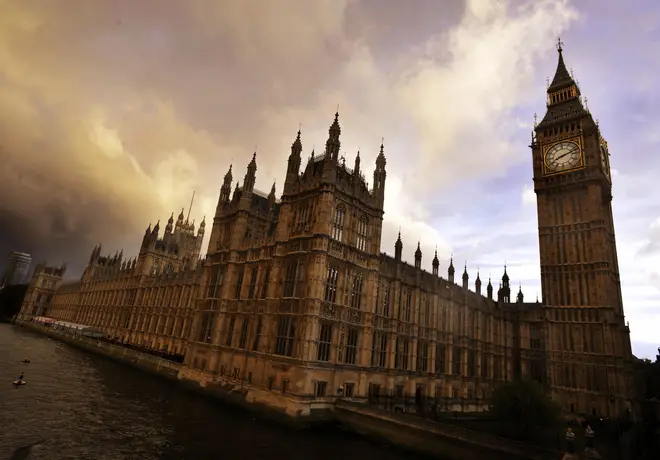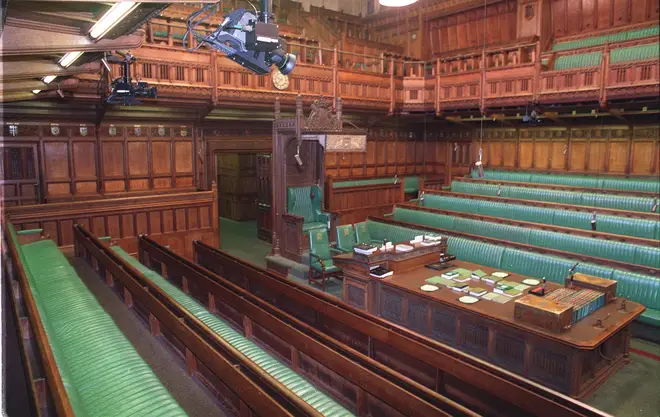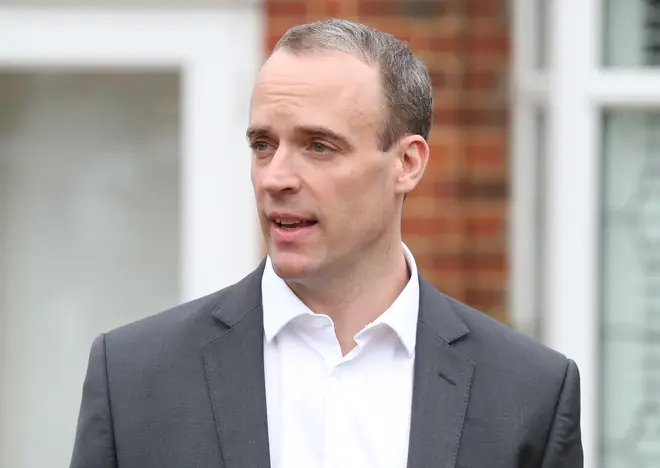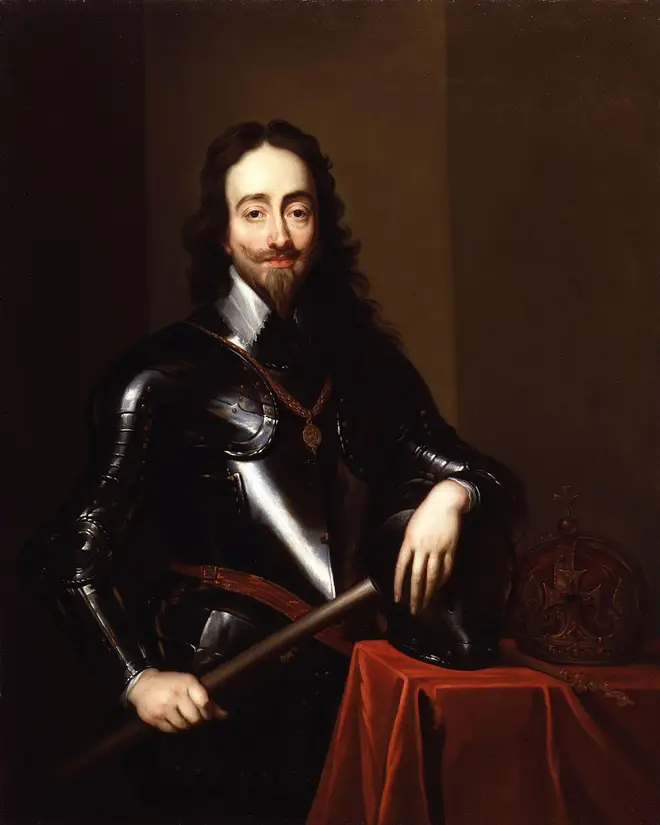
Ian Payne 4am - 7am
7 June 2019, 12:52 | Updated: 7 June 2019, 12:53

The term "proroguing" has been in the news surrounding Brexit after comments by one Tory leadership hopeful, but what does it actually mean?
Prorogation means the end of a parliamentary session.
It is the name given to the time between the end of one Parliamentary session and the State Opening of another. The parliamentary session may also be prorogued before Parliament is dissolved. It normally happens once a year.

On the advice of the Privy Council, a group of Royal advisors mainly made up of members of the House of Commons and Lords, The Queen formally dissolves the parliamentary session.
This normally comes via an announcement, on behalf of the Queen. The announcement is read in the House of Lords and MPs file into the Lords chamber to listen to the speech.
Following the reading of the announcement both the House of Commons and House of Lords are officially prorogued and will not sit again until the State Opening of Parliament.
The official announcement normally takes the form of a Government report card which sets out the major bills that have passed during the session of Parliament, it also describes the other major Government victories during that time.

Tory leadership candidate Dominic Raab provoked anger after he refused to rule out ending the current Parliamentary session.
In theory a new Prime Minister could advise the Queen to prorogue Parliament, this would mean that Parliament was closed and MPs would not be able to stop, what would be, an inevitable no-deal Brexit on 31 October.

When Amber Rudd was talking to reporters about Mr Raab she said it was "outrageous to consider proroguing Parliament".
She said:"We are not Stuart kings."
Mrs Rudd's Stuart King reference harkened back to 1629, when Stuart King, Charles I prorogued Parliament because they refused to give him financial support, he ruled for 11 years without Parliament.
Those 11 years are known as the "eleven years' tyranny."
However, only Parliament, were able to legally raise taxes, and without it Charles's ability to gather money was limited,
Normally, Parliament is normally prorogued at the end of every parliamentary year, which currently runs from spring to spring. Prorogation also happened before the 2015 General Election.